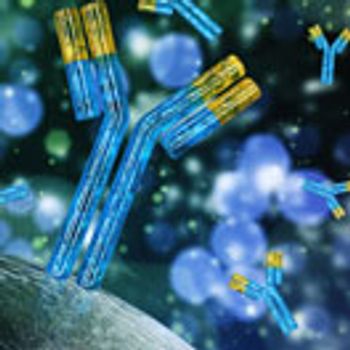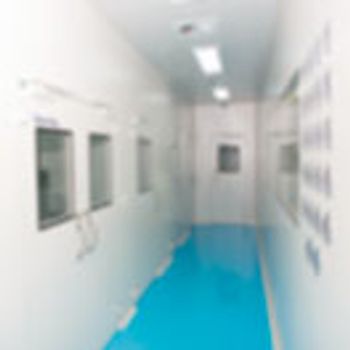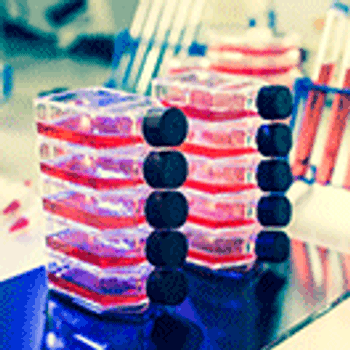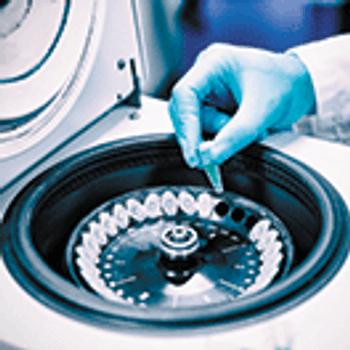
Teva will apply Insilico’s technology for predictive biomanufacturing to create more efficient biomanufacturing processes.

Teva will apply Insilico’s technology for predictive biomanufacturing to create more efficient biomanufacturing processes.

For rapid scale-up of biomanufacturing under expedited review status, facility design must better integrate product development and manufacturing lifecycle activities.

Kinetic models can be used to study aggregation and fragmentation to help ensure stability.

Advances in single-use technologies, sensors, and cell retention systems facilitate processes designed for the long run.

A multi-purpose biopharmaceutical manufacturing facility using a matrix of multi-functional cleanrooms can be adapted to efficiently meet the capacity challenges of both supplying clinical trials and launching products.

Cobra, Pall, and Cell and Gene Therapy Catapult are collaborating to develop continuous manufacturing for gene therapy production.

The acquisition will allow Lonza to further develop technology for scalable autologous cell-therapy manufacturing.

The companies partnered to build a 500-L single-use pilot-scale plant for biologics production.

GE Healthcare, Cobra Biologics, and the Centre for Process Innovation (CPI) have entered into a collaboration to advance manufacturing of adeno-associated virus vectors for gene therapy.

The CHF 400-million (US$416-million) investment in Lonza's biopark in Visp, Switzerland, will expand Ibex Solutions with two new offerings, drug substance development and drug substance and drug product manufacturing.

Automation can improve many aspects of bioprocessing, but several hurdles must be overcome before the full range of benefits can be realized.

Avalon and Weill will co-develop bio-production and standardization procedures for CAR-T therapy.

Boehringer Ingelheim joins Oxford BioMedica, UK Cystic Fibrosis Gene Therapy Consortium, and Imperial Innovations to form a partnership for developing a new gene therapy to treat cystic fibrosis.

The changing regulatory and manufacturing environment is ushering in a new approach to drug development.

The company has run into a snag in producing Kymriah for the diffuse large B-cell lymphoma patient population, the second indication for which the therapy was recently approved by FDA.

The agency is releasing six new draft guidances to provide a regulatory framework for handling gene therapies.

Increasing demand for biologics is driving the need for innovation in bioprocessing.

Late-stage and commercial biomanufacturing pose a challenge to cell-culture processing.

The company will provide the first FlexFactory manufacturing platform for cell therapy manufacturing.

Higher cell titers and cell densities have posed a challenge to cell harvesting, a crucial step in biologics manufacturing.

Transcriptomics plays a role in influencing the production of recombinant therapeutics in microbial and mammalian hosts.

Ingenza, in partnership with the University of Dundee and Drochaid Research Services, will work on a project to recycle CO2 emissions from bioprocessing plants to serve as feedstock and energy inputs.

GE Healthcare and the Centre for Commercialization of Regenerative Medicine (CCRM) will support scale-up efforts by DiscGenics for a new cell therapy intended to treat back pain.

Smaller review divisions will bring experts closer to decision processes and reduce bottlenecks, FDA leaders say.

A validation plan developed to support a process unrelated to bio- pharmaceutical manufacture is applied to bio- pharmaceutical processes and systems.